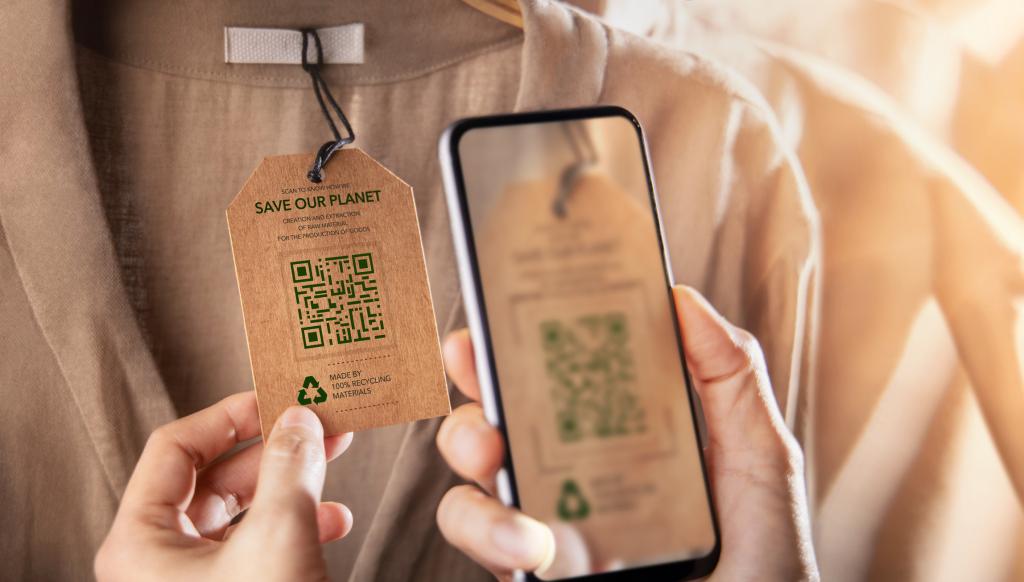
The European Union Directive on Empowering Consumers for the Green Transition (“ECGT”) introduces specific rules to tackle unfair commercial practices that mislead consumers and ensure they can make sustainable consumption choices. These rules include new regulation of sustainability labels.
Whilst the UK has its own consumer protection laws empowering consumers to make informed purchasing decisions, under the Competition and Markets Authority Green Claims Code and the Digital Markets, Competition and Consumers Act 2024, the ECGT may still be applicable to UK businesses that trade and market products to consumers in the EU.
EU Member States must adopt the ECGT legislation and apply it by 27 September 2026 which aims to level the playing field to enable consumers to choose products that are genuinely beneficial for the environment.
Sustainability Labels and B Corp
A “sustainability label” is defined by the ECGT as “any voluntary trust mark, quality mark or equivalent, either public or private, that aims to set apart and promote a product, a process or a business by reference to its environmental or social characteristics, or both, and excludes any mandatory label required under EU or national law.” The displaying of sustainability labels remains possible if the label was established by a public authority, or was certified through a third-party verification scheme where the scheme adheres to the following requirements:
- is available to all traders on fair, transparent, and non-discriminatory terms;
- is based on requirements created by relevant experts and stakeholders;
- includes clear processes for addressing non-compliance, including suspension or withdrawal of the sustainability label; and
- compliance is checked by a competent, independent third party using recognised standards.
Sustainability labels which do not fulfil these requirements are prohibited under the ECGT. The onus is placed on businesses to ensure that the label meets minimum conditions of transparency and credibility (i.e. monitoring is carried out by a third party who is independent from both the scheme owner and the trader).
The B Corp certification mark is a voluntary certification scheme which falls within the ECGT definition of a “sustainability label”. Under B Lab’s standards, businesses are expected to demonstrate “environmental stewardship and contribute to the circular economy in their operations and value chain”. The goal is to “minimise negative impacts, to help stay within ecological thresholds and pursue positive impacts”. Although these values seem to align with the ECGT, applications for B Corp certifications are not independent from B Lab itself, therefore potentially falling foul of the ECGT requirements.
B Lab has confirmed that its new certification process under the revised certification standards will comply with the ECGT as all certification decisions will be made by an independent third party.
Next Steps for B Corps
From 27 September 2026, UK B Corps marketing products to consumers in the EU need to ensure they meet the new ECGT requirements. These businesses should recertify under B Lab’s revised standards using the new certification process before using the B Corp certification mark in their marketing and labels.
In preparation for the ECGT, the most immediate action these businesses can take to ensure a smooth transition is to complete the self-assessment available on the B Impact platform. This will provide an overview of where the business stands and what improvements are needed to comply with the new B Corp standards and the ECGT.
If you would like advice on consumer law for B Corps and the commercial implications of the ECGT on your business, please contact our Corporate team via email corporate@stephens-scown.co.uk or call us on 0345 540 5558.
Also learn more about our own transition to becoming a Certified B Corporation.
